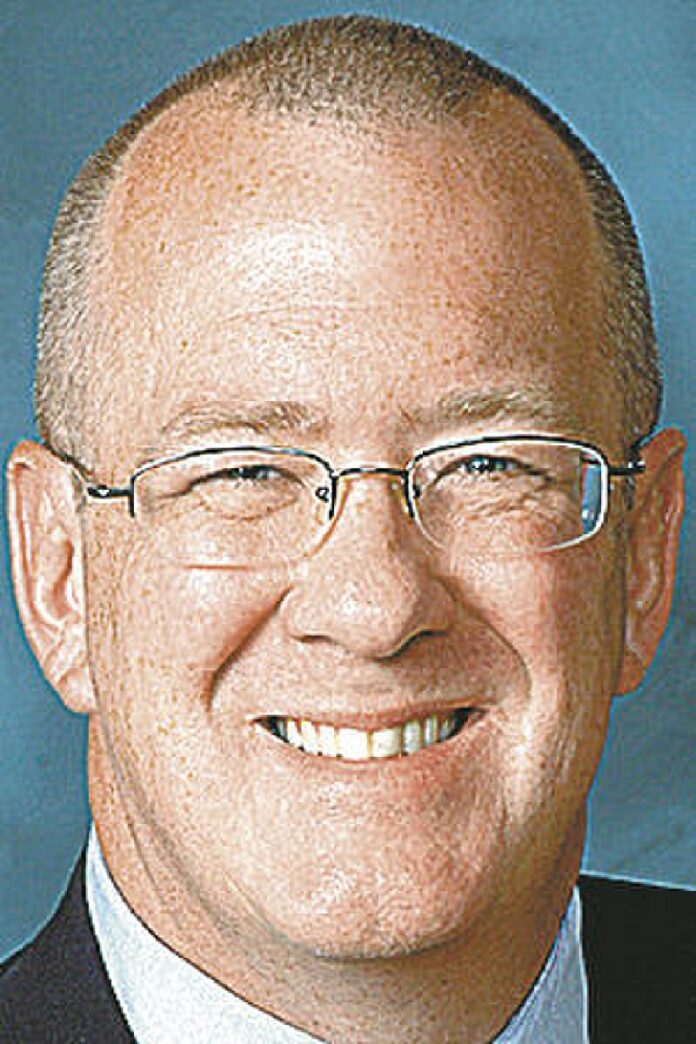Any economy is a wondrously complex affair, with far too many interactions to reasonably observe or even begin to understand through direct observation. Most of us play infinitesimal roles in a large economy.
Families organize themselves in many different ways, undertaking complex lifetime earnings and production decisions in ways that seem mysterious to even close observers. These decisions include where to live, how to work and vacation, when to retire and what to buy across a huge spectrum of items.
Firms are simply organizations of households, be they a single hotdog vendor or a multinational organization. Households supply labor and capital to these firms and interact with other firms in ways that dazzle. A typical Walmart in a dusty backwater will offer for sale a full 80,000 different products in a given week. These products come to us from every continent (except Antarctica) and involve the combined ingenuity of hundreds of generations of producers who transmit their ideas into the finished products that line our shelves today.
Governments intervene well and badly in this economy, enforcing contracts, locking up criminals, regulating pollution and a hundred million less valuable contributions. This complexity means we have to understand our economy through simplified models.
The most common mistake non-economists make when thinking about the economy lies not in this sort of interpretation of a model, but in choosing an entirely wrong model of the economy. By far the most common of these is what I call the “business-centric” model. Why it is wrong is easy to distill into just a few observations.
For an individual firm, growing profits are fabulous. For an overall economy, growing profits could be a sign of monopoly, which might be disastrous to growth and innovation. For a firm, growing wages can be calamitous, but for an economy, it could signal broad and healthy productivity growth. Individual businesses are critical to an economy, but economies do not run like a business. This has been well-known since the days of King George III.
Mistaking the economy of a nation or region as one giant company can lead to deep policy mistakes. One example is international trade. Viewing nations as two large businesses vying with one another for market share seems to inspire our current trade war. In fact, the opposite is true. Trade is not competition, but cooperation between nations. Friendly nations trade, competitors do not. The mercantilist or “business-centric” model of the economy cannot explain any of the results of foreign trade, like the simple fact that U.S. economy has more than doubled in the past 30 years of trade with China.
The business model is not bad because it offers inconvenient predictions; it is bad because its predictions are nearly uniformly wrong. But, the use of the “business model” isn’t only confined to the current trade war. The obsession with focusing solely on business success is an equally bad way to view the health of an economy. Let me offer two examples.
The myopic view of business costs as a primary local problem in economic development leads to the excessive use of tax incentives. Viewed through the “business-centric” prism, every reduction in business taxes is optimal for the region. I could explain why this is true by noting the importance of broad, low taxes in creating an environment that is conducive for both businesses and households. Instead, I’ll just note that the “business-centric” model would predict that high-tax places like San Francisco, Boston and New York would be ghost towns.
Still, the most egregious “business-centric” policy is our state’s workforce development policies. As I have written before, the state’s broad workforce development apparatus shifted its focus from a worker-centered to a business-centered mission. One of many bad consequences is the myopic focus on delivering trained workers to Hoosier businesses. While this sounds credible (just like the tax and tariff policies), this emphasis has helped over-supply low-skilled workers while a shrinking share of Hoosiers pursued higher education. This policy shift marks a radical departure from the aspirational goals of earlier administrations.
One result is a major divergence of employment quality in Indiana. To be sure, there are more factors than bad workforce development policies contributing to this troubling trend. However, if our state government is going to influence decisions about college and workforce choices, it should at least apply some elementary economics to the process. Instead, our workforce policies are doing harm.
Michael J. Hicks is the director of the Center for Business and Economic Research and an associate professor of economics in the Miller College of Business at Ball State University. Send comments to [email protected].



